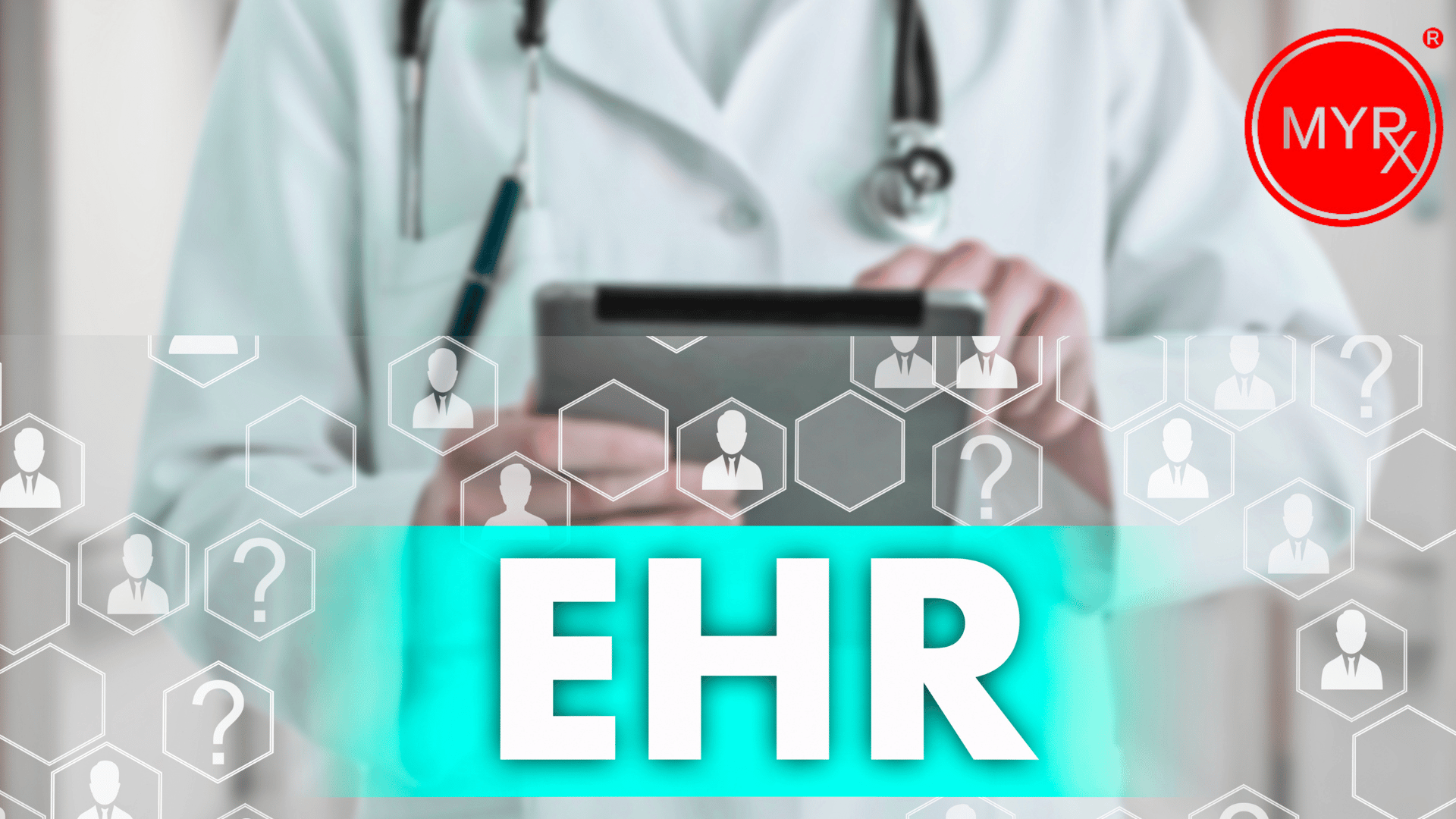
Safeguarding Patient Privacy: Ensuring Data Security in EHR Systems for Doctors
Introduction
In the digital age of healthcare, electronic health record (EHR) systems have become integral tools for doctors, providing efficient and centralized access to patient data. However, with the convenience and benefits of EHR systems come important considerations for safeguarding patient privacy and ensuring data security. This article delves into the critical aspects of data security in EHR systems for doctors, highlighting the measures and best practices that healthcare providers must implement to protect patient information.
Encryption and Secure Data Transmission:
EHR systems should employ robust encryption techniques to protect patient data during transmission and storage. Implementing encryption protocols, such as Secure Socket Layer (SSL) or Transport Layer Security (TLS), ensures that sensitive information remains confidential and inaccessible to unauthorized individuals. Secure data transmission protocols add an extra layer of protection, safeguarding patient data when it is being transferred between different systems or healthcare facilities.
Access Controls and User Authentication:
Controlling access to EHR systems is vital in preventing unauthorized individuals from viewing or manipulating patient data. Implementing strong user authentication mechanisms, such as unique usernames, complex passwords, and multi-factor authentication, helps ensure that only authorized healthcare providers can access patient records. Role-based access controls can be implemented to restrict access to specific patient information based on the user's role and responsibilities.
Regular Data Backups and Disaster Recovery Plans:
Data backups are essential to protect against data loss and ensure business continuity in the event of system failures or cyberattacks. EHR systems should have robust backup mechanisms in place, with regular and automated backups stored in secure off-site locations. Additionally, healthcare providers should develop comprehensive disaster recovery plans to outline procedures for restoring data and system functionality in case of emergencies.
Audit Trails and Logging:
Implementing audit trails and logging functionalities within EHR systems enables the tracking and monitoring of system activities. These logs provide a record of user actions, system access, and modifications made to patient data. By reviewing these audit trails, healthcare providers can detect and investigate any suspicious activities or potential breaches, ensuring accountability and enabling prompt responses to security incidents.
Ongoing Security Training and Awareness:
Healthcare providers must prioritize ongoing security training and awareness programs for their staff. Education on best practices, such as password hygiene, identifying phishing attempts, and avoiding social engineering attacks, helps prevent data breaches caused by human error. Training sessions should be conducted regularly to keep staff updated on emerging security threats and reinforce the importance of patient data protection.
Compliance with Privacy Regulations:
Adhering to privacy regulations, such as the Health Insurance Portability and Accountability Act (HIPAA) in the United States or the General Data Protection Regulation (GDPR) in the European Union, is essential for protecting patient privacy. Healthcare providers must ensure that their EHR systems comply with the applicable regulations, including maintaining the necessary privacy and security controls, obtaining patient consent where required, and promptly reporting any data breaches as mandated by law.
Conclusion
Data security in EHR systems is of paramount importance to protect patient privacy and maintain trust in healthcare. By implementing robust encryption, access controls, and data backup mechanisms, healthcare providers can safeguard patient data from unauthorized access or breaches. Regular security training, audit trails, and compliance with privacy regulations further contribute to a secure environment for EHR systems. By prioritizing data security, doctors can confidently leverage EHR systems to improve patient care while maintaining the privacy and confidentiality of sensitive health information.